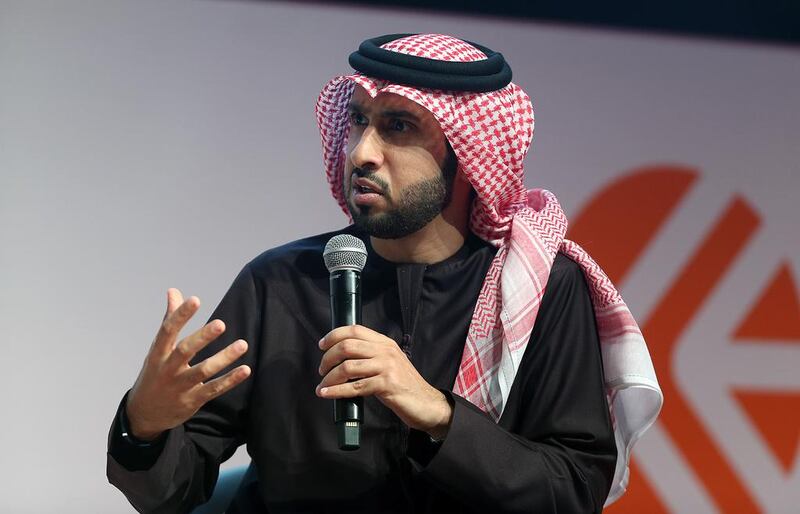DUBAI // Broadcasters and regulators must educate viewers on the damage online piracy does to the industry that makes the shows they want to watch, warned a panel of experts.
Abdul Hadi Al Sheikh, executive director of television at Abu Dhabi Media, which is the parent company of The National, said viewers throughout the Mena region should be made aware of the impact illegally streaming content had.
“Internet providers can do more on the issue and block pirated content but, at the end of the day, we need a cultural change in the mindset of people in the region,” he said.
“Regulators can also play more of a role but, unfortunately due to the nature of the situation in the region, I don’t think it is a high priority for many counties.”
He was speaking during a panel discussion on the opening day of the International Broadcasters Convention (IBC) being held at the Madinat Jumeirah Arena.
David Butorac, the chief executive of OSN, said most of the people who illegally download Hollywood movies, television series or stream live sport believed they were committing a “victimless crime”. “That is not the case,” he said.
“If you look at the fact that it costs about US$120 million (Dh441m) to produce the Netflix series House of Cards then the company needs to get a return on that investment otherwise, what is the point of making more content?”
Piracy means less money is going back into the industry, which can lead to less content being created.
OSN spends tens of millions of dollars each year implementing new technology to try to combat the issue, with about $60m alone spent on securing its broadcast signal to make it more difficult for it to be pirated.
YouTube could also do more on the issue, Mr Butorac said.
“You don’t get pornography on YouTube because it is blocked,” he said.
“The same should be done to prevent other intellectual property, like Hollywood films being shown.”
Khalifa Al Shamsi, chief digital services officer for Etisalat, echoed those sentiments, urging people to be responsible.
“There is a real need for the industry to educate people,” he said.
“The Asia Cup is currently going on and every morning I get WhatsApp messages with links to where people can watch games illegally.
“I replied to my friend telling him this is wrong and to watch it through beIN Sports but he said it was easier to just stream it from elsewhere. That is the kind of attitude we need to change.”
The three-day IBC conference runs until Thursday.
nhanif@thenational.ae






